
The Benefits of Water in the Garden
Table of Contents
Water is the lifeblood of any garden, playing an essential important role in the growth and health of plants. From nourishing roots to supporting photosynthesis, water is a critical component that ensures vibrant, thriving greenery. Let us explore the numerous benefits of water in the garden and how to optimize its use for the best results.
Nutrient Absorption
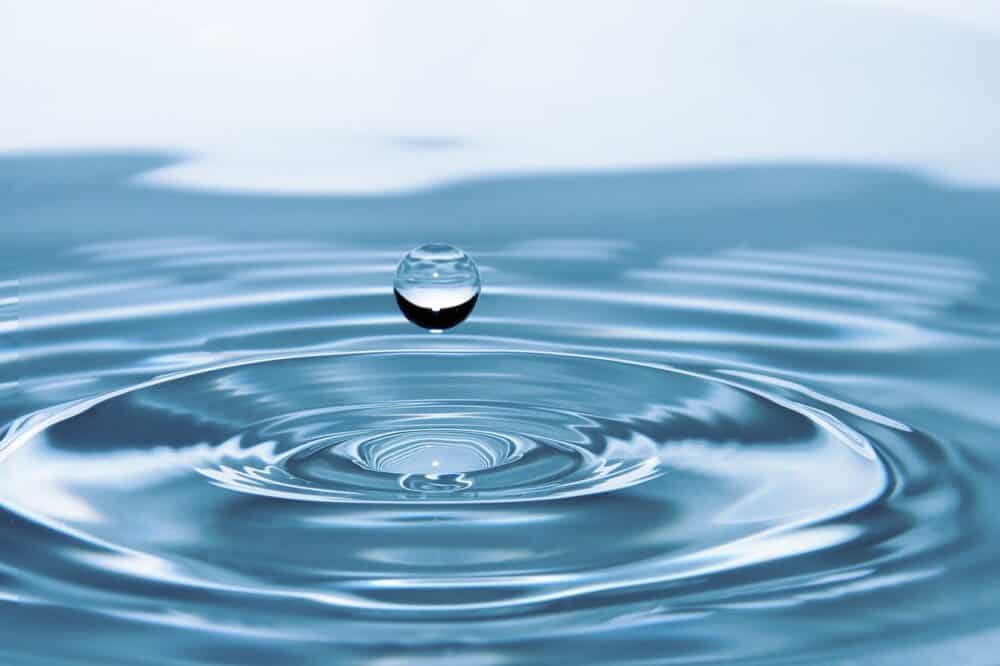
Water is a crucial medium through which plants absorb nutrients from the soil. Essential minerals such as nitrogen, potassium, and phosphorus dissolve in water and are taken up by the roots, enabling plants to grow strong and healthy. Without adequate water, plants cannot access these vital nutrients, leading to stunted growth and poor health.
Photosynthesis and Growth

Photosynthesis is the process by which plants convert light energy into chemical energy, and water is a key ingredient in this process. During this process plants use water and carbon dioxide to produce glucose and oxygen. This glucose serves as the primary energy source for plants, fueling growth and development. Adequate water quality ensures the best way that garden plants can carry out photosynthesis efficiently, leading to robust growth and lush foliage.
Temperature Regulation
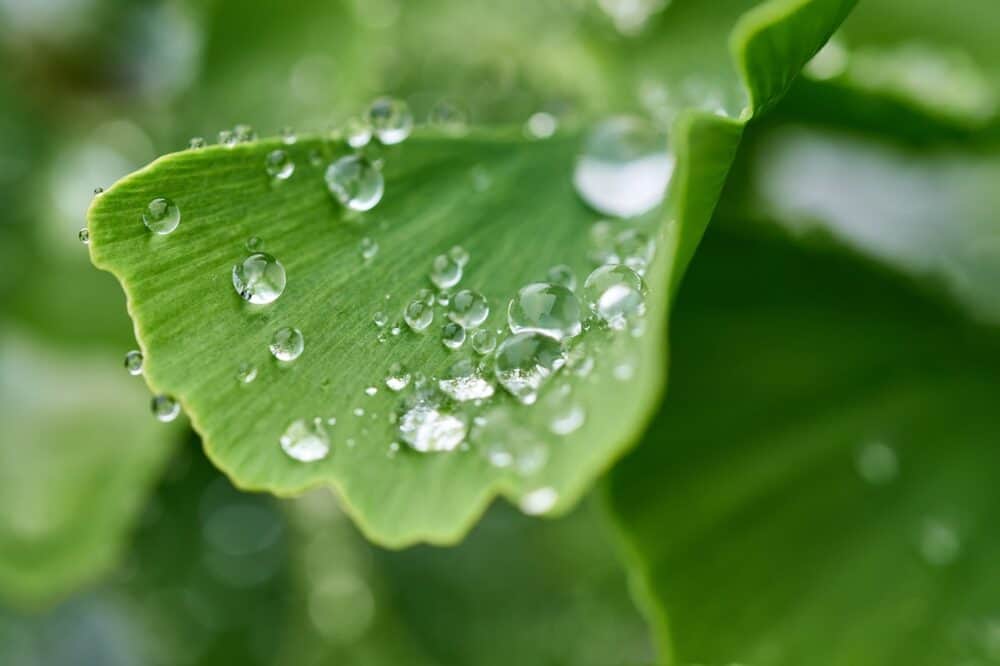
The amount of water helps regulate the temperature of plants, providing a cooling effect that protects them from heat stress. On hot days, water evaporates from the surface of leaves through a process called transpiration, which cools the plant and prevents wilting. This natural cooling mechanism is vital for maintaining growth of plants also healthy growth during periods of high temperature.
Soil Health and Structure
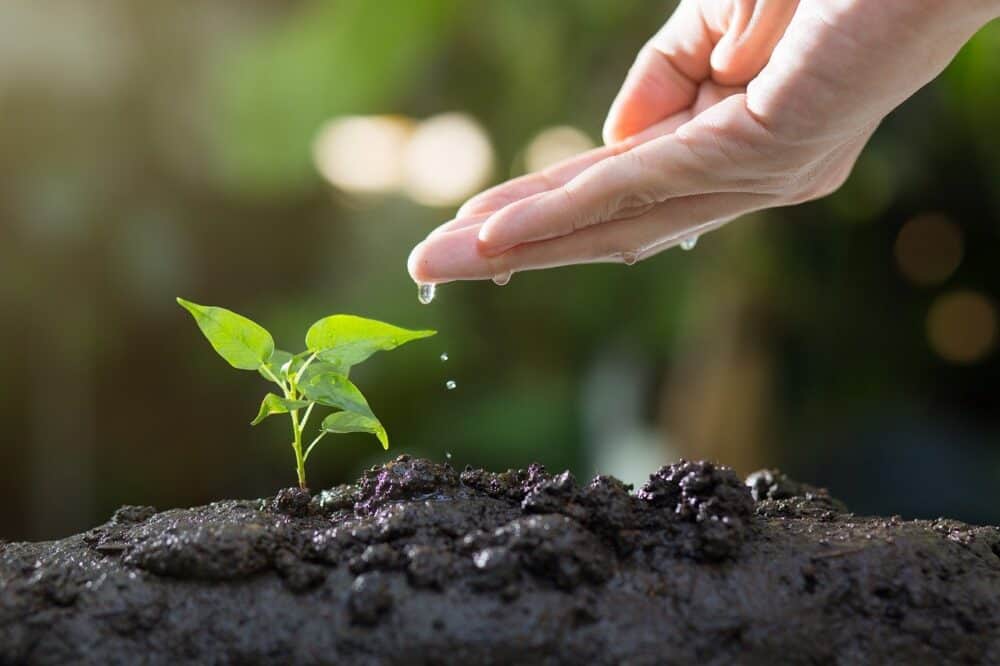
Proper deep watering practices contribute to the health and structure of garden dry soil. Frequent watering helps to maintain the right balance of air and moisture in the soil, creating an environment where beneficial microorganisms can thrive. These microorganisms break down organic matter, enriching the soil with nutrients that support growth of outdoor plants. Additionally, well-watered soil is less prone to erosion, helping to preserve the garden’s structure and integrity so a great benefit in the heat of the day.
Pest and Disease Resistance
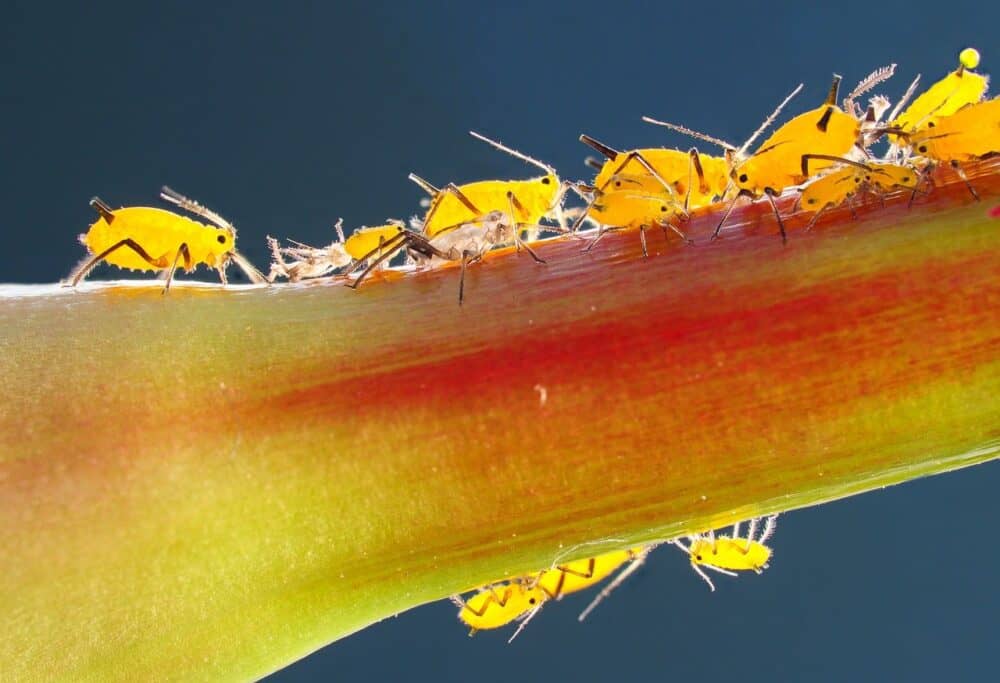
Healthy, well-watered plants are more resistant to pests and diseases. When plants are stressed from lack of water, they become more susceptible to infections and infestations. Ensuring that your garden receives sufficient water strengthens plants’ natural defences, reducing the likelihood of pest and disease problems.
Flowering and Fruit Production
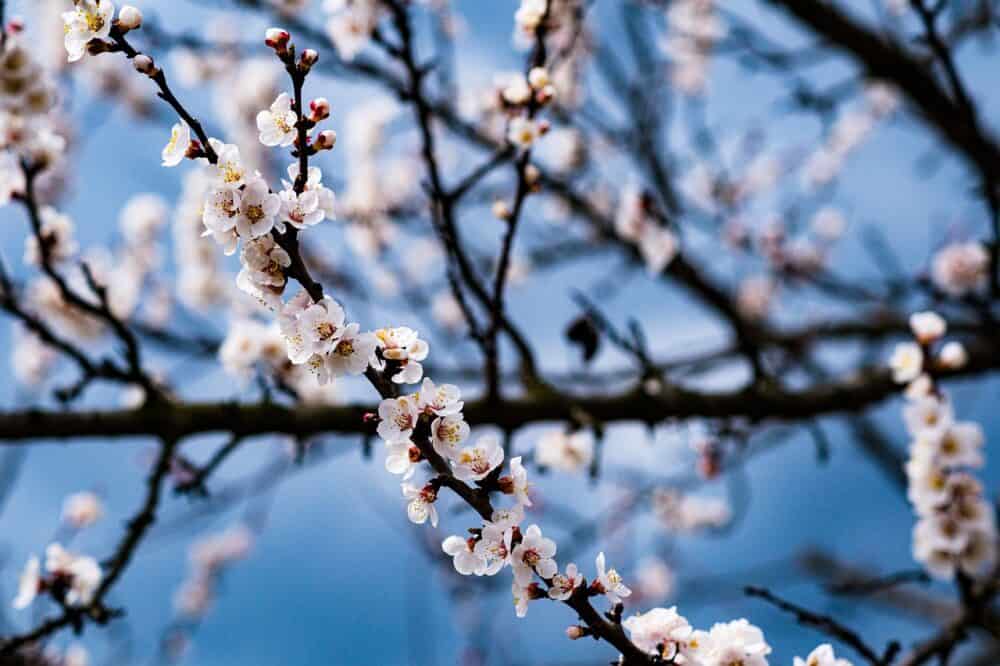
For flowering plants and fruit-bearing trees, enough water is particularly important. Adequate hydration is essential for the development of blooms and the production of fruits. Long periods of time without water can cause stress and lead to fewer flowers, smaller fruits, and reduced yields. By providing consistent and appropriate well water of the plant roots, gardeners can ensure a bountiful harvest of flowers and produce.
Style Appeal
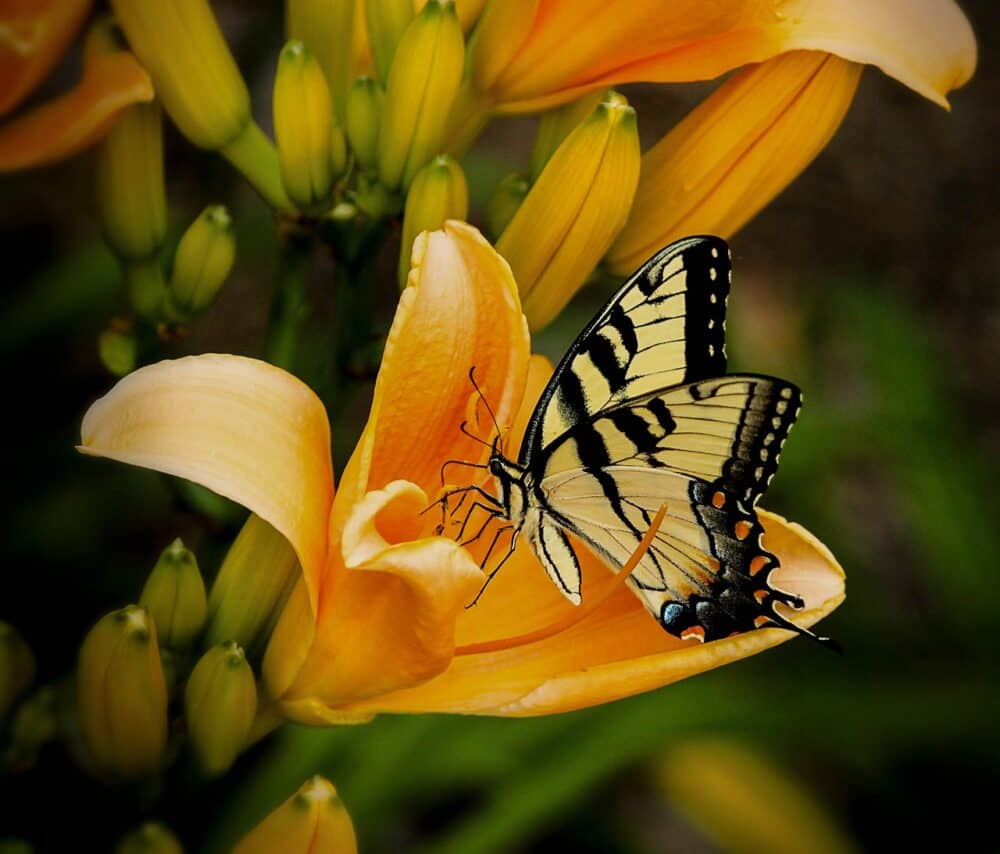
A well-watered garden is a beautiful garden. Regular moisture keeps plants lush, green, and vibrant, enhancing the overall visual appeal of your outdoor space. Whether you have a small vegetable patch or sprawling landscaping features, water is key to creating a visually pleasing and inviting garden.
Optimizing Water Use in the Garden
While it is essential, the importance of water is to use it wisely to promote sustainability and conserve resources. Here are some tips for optimizing water use in your garden:
Watering Schedule
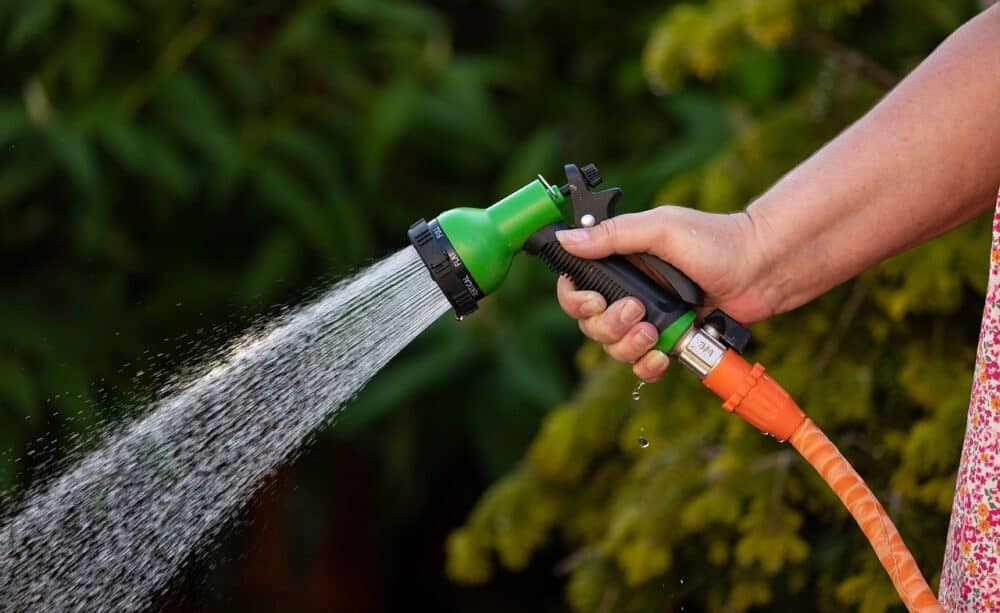
Water your garden early morning or late in the evening at the end of the day to minimize evaporation and ensure that plants have sufficient moisture throughout the day. Establishing a proper watering schedule is crucial in maintaining a flourishing garden. By adhering to a consistent watering routine, you can prevent issues such as underwatering or overwatering, which can adversely affect plant health.
A well-maintained watering schedule can also help conserve water resources. By understanding the specific water requirements of different plant species, you can prevent wastage and promote efficient irrigation practices. Additionally, timing your watering sessions to coincide with optimal sunlight exposure can enhance nutrient uptake and overall growth potential in your garden. By investing time in creating an effective schedule will not only benefit your plants but also contribute to sustainability efforts by conserving this precious resource.
Mulching
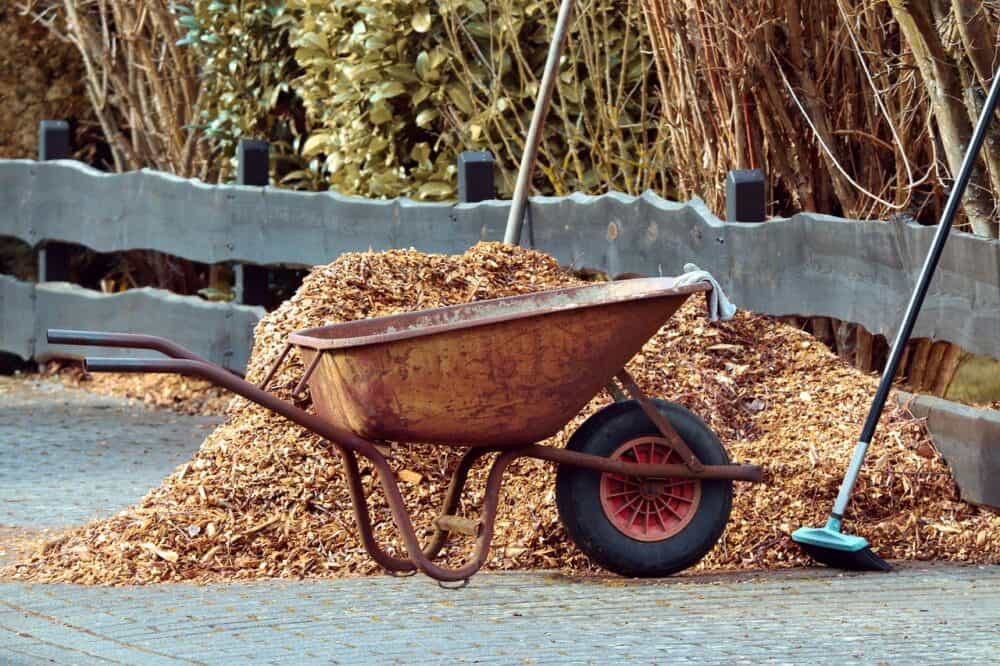
https://pixabay.com/photos/gardening-wheelbarrows-broom-mulch-3997259/
Mulching is not just about keeping weeds at bay and improving soil health; it also plays a crucial role in conserving water in the garden. By creating a protective barrier over the soil, mulch helps to reduce evaporation, ensuring that moisture stays locked in where it’s needed most – around the roots of your plants. This can be especially beneficial in hot climates or during dry spells when water conservation is key for maintaining healthy and thriving gardens.
In addition to retaining moisture, mulching can also help prevent erosion by reducing the impact of heavy rainfall on bare soil. The layer of mulch acts as a buffer, slowing down water runoff and allowing it to soak into the ground more effectively. This not only protects your garden from potential flood damage but also helps to maintain a stable environment for plant growth.
Drip Irrigation
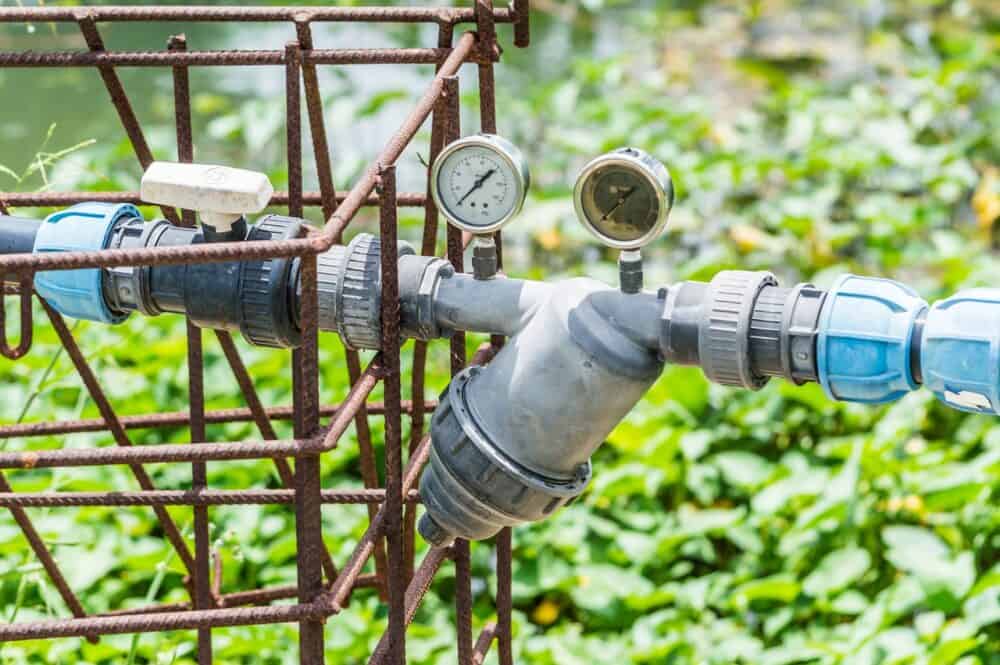
Drip irrigation, a modern and efficient method of watering, offers numerous benefits to gardeners. Unlike traditional sprinkler systems that can lead to water wastage and uneven distribution, drip irrigation delivers water directly to the roots of plants, promoting healthier growth and maximizing water efficiency. This system reduces the risk of disease by keeping foliage dry, while also preventing soil erosion and runoff.
Drip irrigation allows for precise control over watering schedules and amounts, resulting in optimal moisture levels for each plant in the garden. By providing a consistent supply of water directly to the roots where it is needed most, this method helps reduce weed growth and conserves resources by minimizing evaporation.
Rainwater Harvesting
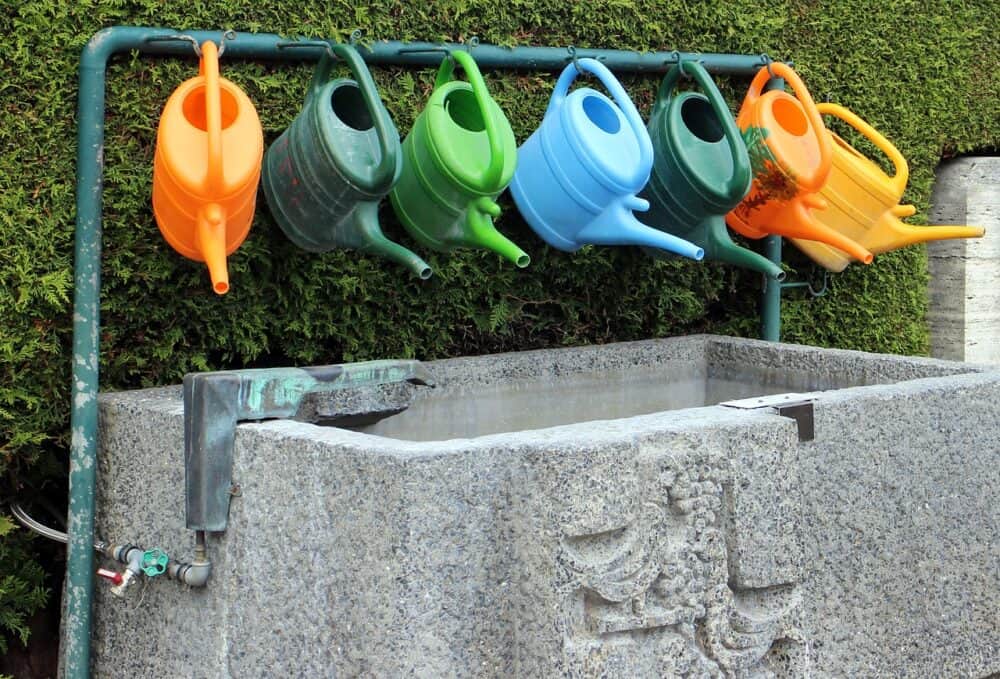
Rainwater harvesting is not just a sustainable practice but also provides significant benefits for gardens. One of the key advantages lies in the quality of rainwater itself, which is free from harmful chemicals like chlorine often found in tap water. This makes it ideal for nurturing plant life and promoting healthier growth without any adverse effects on the environment.
By utilizing rainwater in gardens can help reduce dependency on traditional water sources, leading to cost savings and conservation of valuable resources. By collecting and storing rainwater, gardeners have an opportunity to manage water usage more efficiently, ensuring that their plants receive a consistent supply of hydration even during dry periods. This thoughtful approach not only promotes environmental responsibility but also contributes to the overall health and vibrancy of the garden ecosystem.
Soil Improvement

Organic matter plays a crucial role in improving the overall health and fertility of soil. By incorporating organic materials such as compost, manure, or cover crops into the soil, gardeners can enhance its structure, increase nutrient availability, and promote better water retention. One of the key benefits of organic matter is its ability to act as a sponge for water, helping to regulate moisture levels in the soil and reduce runoff during heavy rainfall.
In a garden setting, the presence of organic matter can significantly impact plant growth and productivity by providing a steady supply of nutrients while creating a more hospitable environment for beneficial soil organisms. Integrating organic matter into soil management practices not only enhances the health of the garden but also contributes to sustainable gardening practices that benefit both plants and the environment.
Conclusion
Water is indispensable in the garden, providing numerous benefits that support plant health, growth, and productivity. By understanding the critical role of water and implementing efficient watering practices, gardeners can create thriving, beautiful landscapes that are both sustainable and resilient. Embrace the power of water and watch your garden flourish.


